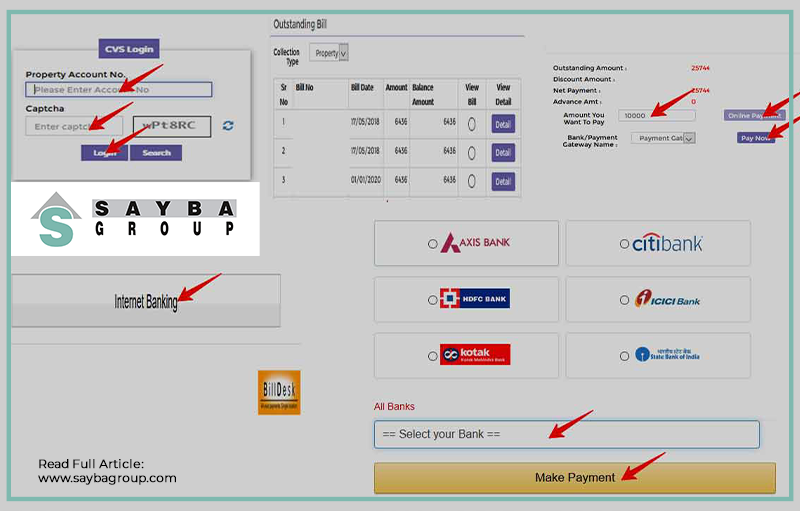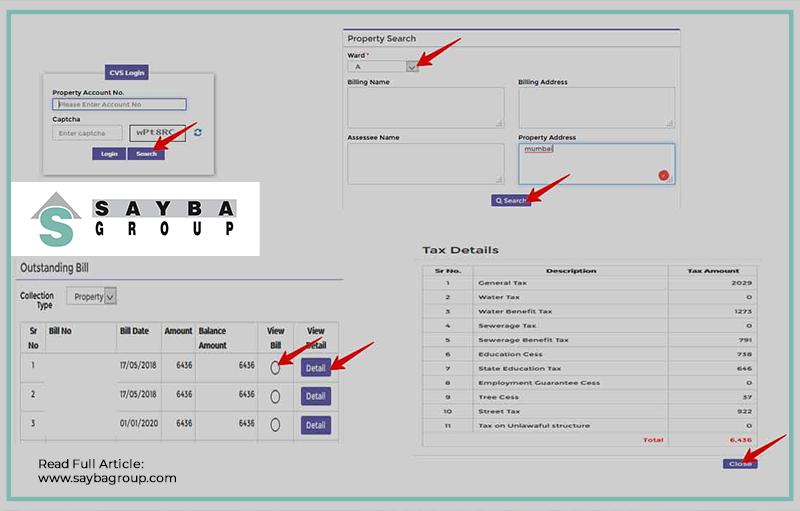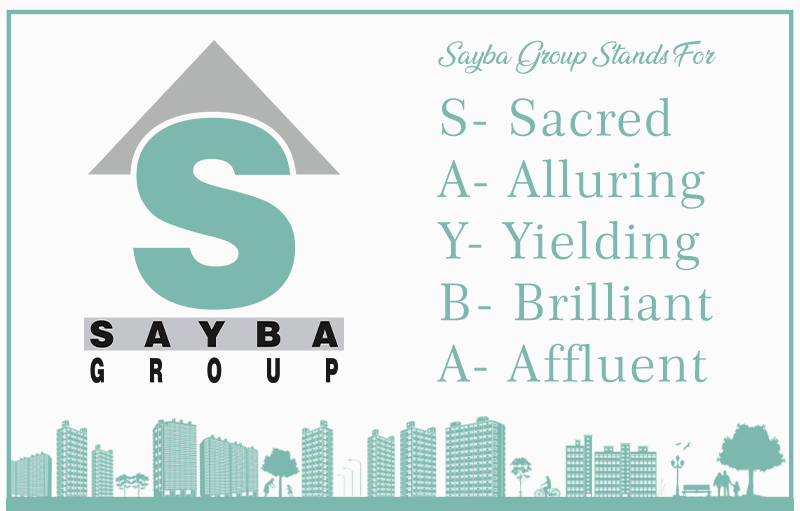
IOD in Real Estate
In the world of real estate, there are various terms and acronyms that you may come across. One such acronym is IOD, which stands for "Intimation of Disapproval." Understanding the full form and significance of IOD is essential for real estate developers and investors. In this blog post, we will delve into the details of IOD in real estate and its importance in the project approval process.
What is IOD?
IOD, or Intimation of Disapproval, is a critical stage in the approval process for real estate projects. It is a formal communication issued by the local planning authority or municipality, indicating that the proposed project plans and designs comply with the applicable rules and regulations. The IOD signifies that the developer has received initial approval to proceed with the construction, subject to fulfilling specific conditions and obtaining further clearances.
Significance of IOD in Real Estate
Obtaining an IOD is a significant milestone for real estate developers. It signifies that their project has met the initial requirements and is compliant with the necessary regulations. The IOD acts as a go-ahead signal for developers to begin the construction process.
The importance of IOD lies in its role as a prerequisite for obtaining subsequent approvals such as the commencement certificate (CC) and occupancy certificate (OC). Without the IOD, developers cannot proceed with further construction or obtain other necessary clearances, which may delay the project timeline and impact its overall success.
Additionally, the IOD provides assurance to potential buyers or investors that the project has undergone a thorough scrutiny process and has met the prescribed norms and guidelines. It instills confidence in the credibility and legality of the development, making it an essential aspect for project marketing and sales.
The IOD Process
The IOD process involves submitting the project plans, designs, and necessary documents to the local planning authority or municipality. The authorities review the submitted documents to ensure compliance with zoning regulations, building codes, environmental norms, and other applicable guidelines. Once satisfied with the project's compliance, the authorities issue the IOD, outlining any specific conditions or requirements that must be fulfilled during the construction phase.
Conclusion
In the realm of real estate, understanding the full form and significance of IOD is crucial. This formal communication serves as a green signal for developers to proceed with their projects, subject to fulfilling specific conditions. The IOD plays a vital role in obtaining subsequent approvals and instilling confidence in buyers, making it an essential component of the real estate development process.





















